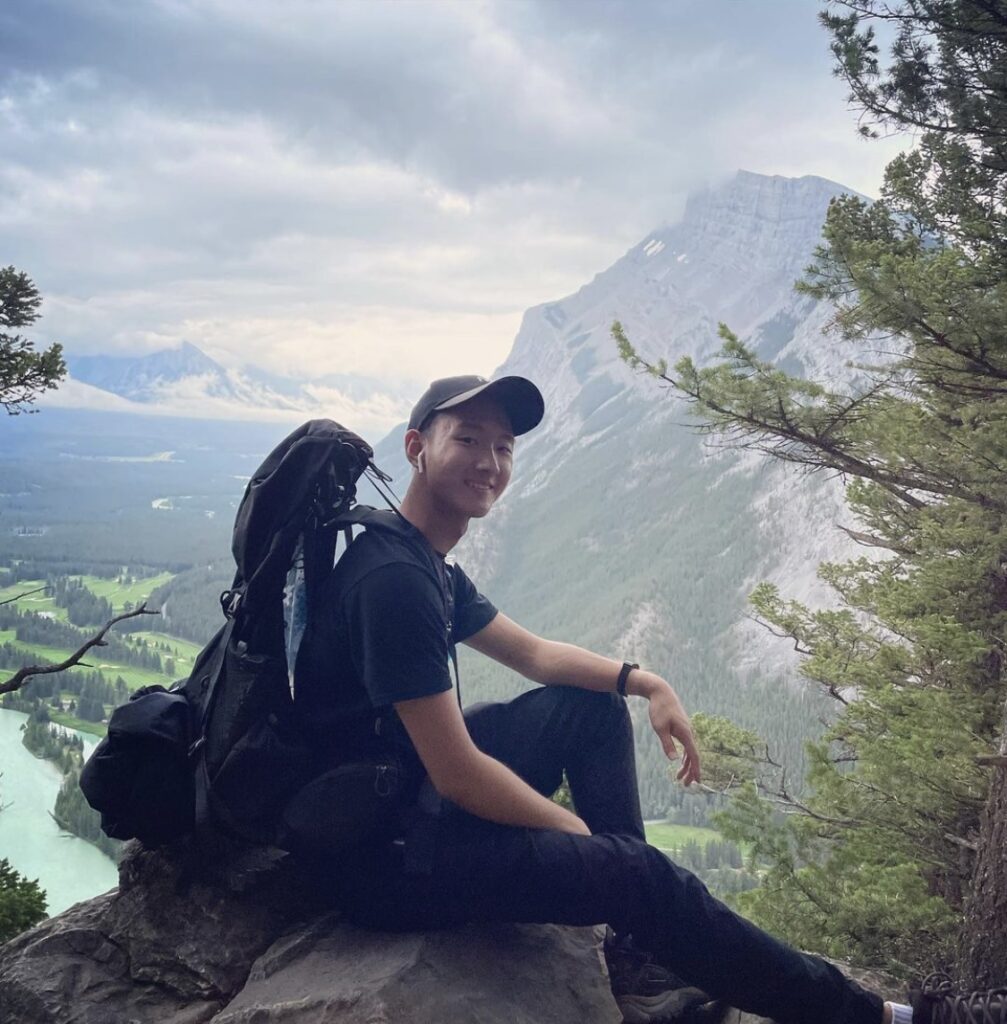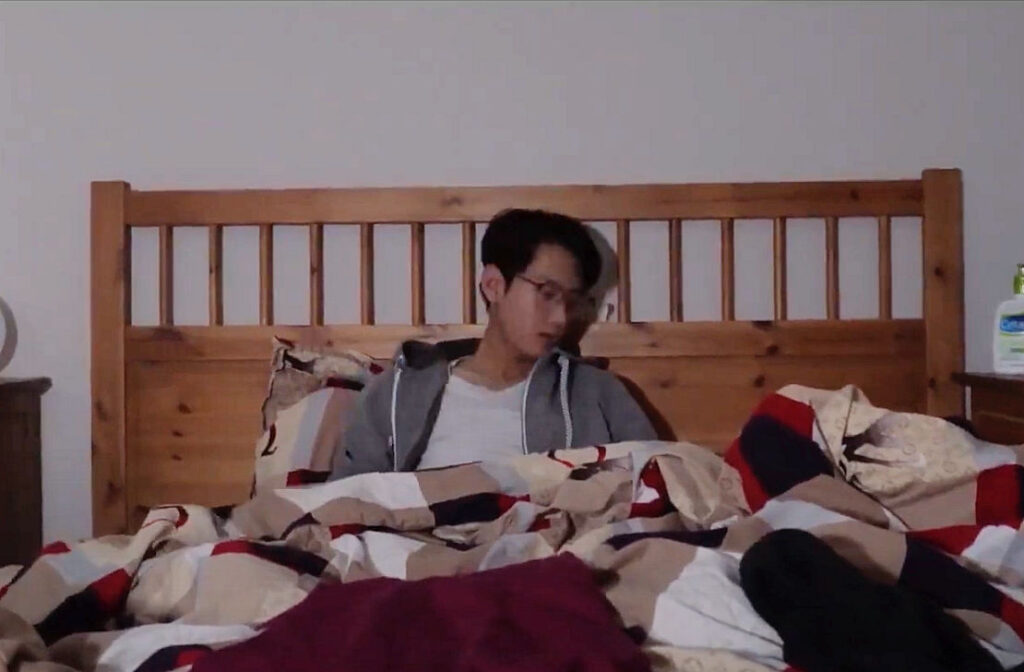by Cassandra Wong
A full time nursing student and a casual content creator, Hansheng Chen is the person behind the YouTube account Wholesome Content Only. To relieve the stress of his academics, Hansheng finds his creative outlet through producing videos on his channel, which include lifestyle commentaries, original music as well as music covers.
His latest video—Reject Reality, Escape Fiction—is a short film about escapism which details the journey to reflecting on yourself and to act so that the ideals that we often seek in fiction can become reality.
The film was produced by him, as well as Andrew Chee, his creative partner-in-crime and close friend, who also runs his own YouTube account.
Hansheng was once amongst my closest friends in high school, and though our friendship isn’t what it used to be, I still find myself talking deep into the early hours of the morning with him every once in a while. He’s always been on the thinner side, and has worked hard—to no avail, as far as I’m aware—to gain more muscle mass. From being a flute player in the concert band, to being the president of the b-boy club, to taking on the position of the bass guitar in the jazz band, to then going on to create his own channel and content, Hansheng has always been, and will continue to be, our friend group’s creative expert. I’m glad that, even though we’ve drifted since graduation and he’s in a faculty in which spare time is a scarcity, Hansheng still holds the same penchant for creative media. So when he told me of the idea he had for this video, I was beyond excited to see the final product.

The short film stars Hansheng as he plays the role of a depressed ex who finds a writing contest and decides to join it in an attempt to escape the reality that his ex-partner is better off without him.
As he writes the story, he finds the motivation to start changing things in his own life to mirror the life of his protagonist, and that the world holds much more for him than he thought it did. Through cutscenes and a continuous commentary, Hansheng paints the picture of a character redefining himself and finding joy in his life through manifesting the ideals that he writes about. It was a small change in the grand scheme of life, but to the protagonist, it made an entire world of difference. I was rather curious about the making of this short film, and I spoke to Hansheng about creating it.
What inspired this project?
In spring of 2021, I had nothing better to do and decided to revisit an old hobby of mine: anime. It was, to say the least, a mistake. My own desire to escape the previous, hellish semester sparked an entire season of me escaping reality through binging anime. I’ve been wanting to talk about it for a while, but couldn’t think of a way to make a commentary without coming off as preachy—hence this video.
How did you conceive the idea for the film? What did the initial storyboarding look like?
It started with the script. I wanted to convey two main ideas: how overindulging in fiction can become a self-destructive coping mechanism, and how there is still hope to break out of that cycle. The storyboard mostly consisted of short scenes that conveyed these two ideas – mainly jump cuts, to create the feeling of passing time.
What was the process like? Were there any difficulties, or parts you found easier?
I wrote the script and talked with my friend Andrew about the filming. The entire process was rather quick. I think the hardest part was finding actors on such short notice—in the end, we edited the script to only require me acting and Andrew’s cameo. Andrew’s filming style is also a lot more dynamic than the static shots I’m used to, so we had to work out our creative differences.
Who did you intend to make the film for?
My target audience is mainly people who cope with negative emotions by indulging in stories (like me), though namely anime fans and readers.
What would you like your viewers to take away from the film?
I would like the audience to see how their own lives could be reflected in the story, and for them to realise that escapism (particularly through indulging in fiction) often stems from a desire for something in real life—which means that something might be more achievable than you think. Another concept I’d like for the audience to gather from the film is that, for those who cope with stress by indulging in media consumption, they might be able discover a productive passion in media creation.
How much of the film is based on personal experience?
The film’s quite dramatized, but it’s congruent with my own beliefs and experiences. I used anime to cope with academic anxieties and pressure, which eventually became destructive and led to some self-reflection, which are the same general revelations that the protagonist goes through.
Though it errs on the short end of the spectrum for its genre at a little over four minutes in length, I found the film inspiring, and it hit pretty close to home for me, who has repeatedly found myself in the bad habit of isolating myself and escaping from reality since the pandemic happened.

It’s one thing to look online and wish you were someone else, but it’s another to take that leap of faith and change your circumstances. The message that Hansheng delivers is powerful, and as we enter the darkest months of the year once more (as well as finals season), I hope that this film will provide some form of encouragement.


